Unions still pull the strings in Sunshine State
The backroom deal to replace Annastacia Palaszczuk shows Labor at its worst. Rightly or wrongly, Steven Miles is now perceived to be owned by union bosses.
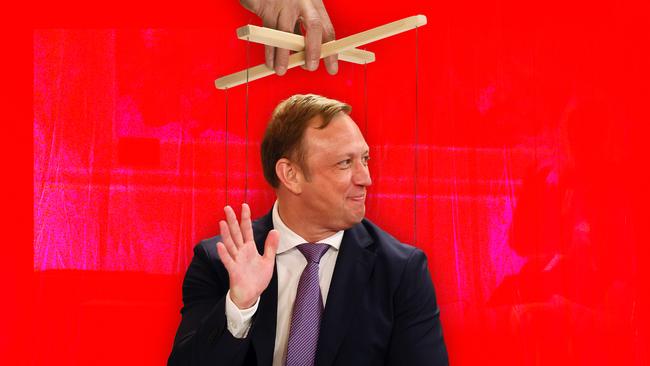
A craven state Labor caucus on Friday rubber-stamped Steven Miles as Queensland’s 40th Premier, exposing the paucity of the party’s internal processes and a contempt for the norms of open and accountable government.
This was Labor at its worst, a throwback to the heyday of the faceless men and factional stitch-ups, all conducted out of view of voters who have every right to question how the backroom deal to elevate Miles was done.
The irony is he is arguably the best of the bunch that began jockeying for position from the moment Annastacia Palaszczuk surprisingly quit last Sunday and backed her 46-year-old deputy to take over.

Miles emerged as an effective minister and is highly rated by his cabinet colleagues and senior public servants. Like nearly all of the caucus, he entered Queensland parliament in 2015 at the state election that reversed the king tide that had propelled Campbell Newman into power barely three years earlier, Palaszczuk’s enduring achievement.
But Miles is no natural leader. His clunky communication skills are a major problem for Labor as it enters a state election year laden with federal implications. A nickname of “Giggles” appears to have stuck and will take some overcoming by the slick and super-sized PR machine Palaszczuk bequeathed him.
And it’s no small thing the ALP is asking: a fourth term when the fixed-date poll rolls around next October 26. Historically, only exceptional leaders have been able to achieve that feat – think Bob Hawke and John Howard federally, Peter Beattie in Queensland – and the government inherited by Miles is far from exceptional.
To call its record impressive would be generous.
The fix to install Miles in the top job and Treasurer Cameron Dick as Deputy Premier is yet more evidence that the protections put in place by fellow Queenslander Kevin Rudd to stop Labor leaders being knifed in office, as he was when prime minister by Julia Gillard in 2010, have been hijacked by factional players, the intriguers they were supposed to stop.
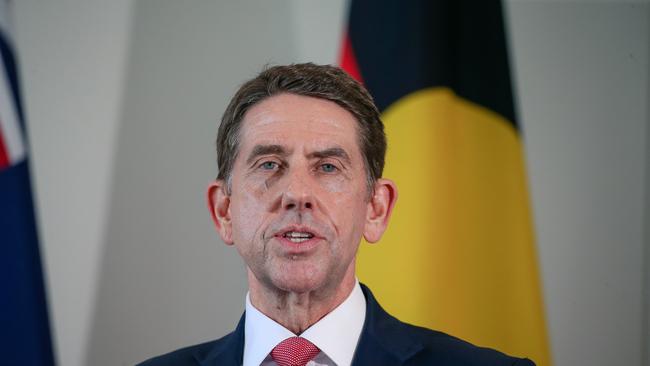
The rules are designed to make the process of challenging a sitting prime minister or premier so cumbersome, it effectively can’t be done. In that respect, they work like a treat. In Canberra, 75 per cent of the caucus must first vote to spill the leadership, followed by separate ballots of the MPs and party membership nationwide. To date, the mechanism has never been used.
A variation comes into effect when Labor loses a federal election, as it did in 2013, 2016 and 2019 before Anthony Albanese finally saw off Scott Morrison. In opposition, if a leader stands down (as Rudd did in 2013 and Bill Shorten did in 2019) or if 60 per cent of the caucus agrees, the leadership is spilled. If contested, it is put to a vote in caucus and of the rank-and-file, weighted 50-50. This typically takes several weeks to conduct.
The Queenslanders added a third tier – a ballot of Labor-affiliated unions. The unwieldy apparatus had not been tested until Palaszczuk pulled the pin after being tapped by union and left-wing factional boss Gary Bullock and state ALP president John Battams.

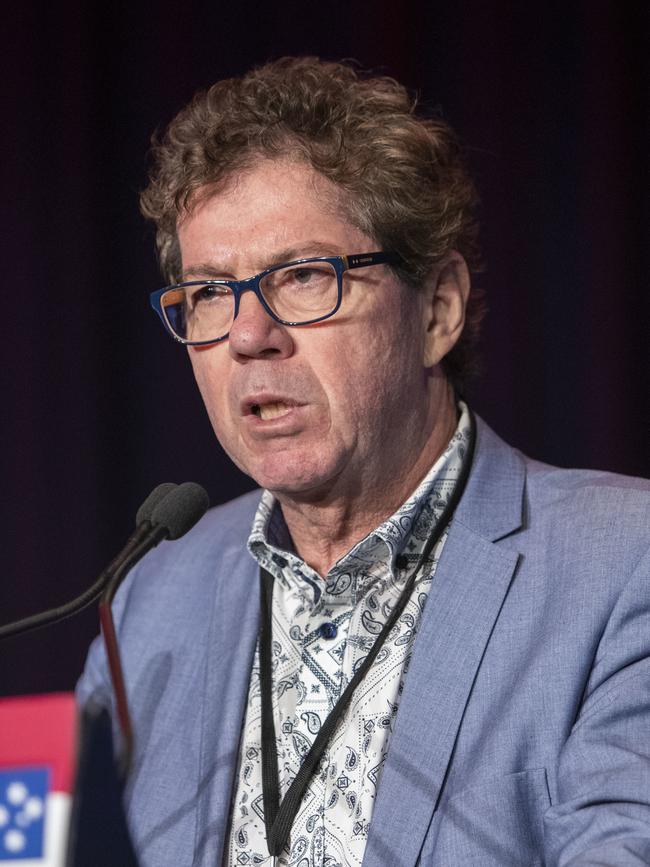
The last thing any of them wanted was a contested ballot for the vacated leadership. Potentially that would mean months of delay, not to mention a damaging power vacuum while Tropical Cyclone Jasper bore down on far north Queensland. The principal beneficiary no doubt would be Liberal National Party leader David Crisafulli, riding high from overtaking Palaszczuk as preferred premier in the opinion polls.
But there was a second implication that goes to the timorous heart of the state caucus. Many MPs went along with the leadership deal with deep reservations about Miles’s capacity to win the coming election. Health Minister Shannon Fentiman had less baggage and offered the opportunity of a decisive break with the Palaszczuk era: a convincing case could be made that Labor was under new management with her at the helm.
Fentiman also had every right to test her support in the partyroom. Remember, Rudd did on two occasions before he finally rolled Kim Beazley in the lead-up to the Kevin ’07 election, which delivered federal Labor its best result in the key Queensland battleground in recent memory.
When Fentiman announced on Monday she would contest the leadership, it sent the wheeling and dealing behind the scenes into overdrive. Like Miles, she is of the parliamentary Left, the dominant faction. And although the pair are close friends, it didn’t stop some of Miles’s factional backers from sharpening their knives.
If the leadership contest was forced into a party-wide ballot, the fight would be dirty, they warned.
“Shannon’s assuming it’ll be a clean fight, but the lines are already ready to go: she’s soft on crime, she wanted to block the youth crime (reforms),” the Miles backer said.
Instead, the negotiations were forced behind closed doors.
Miles asked the Right faction’s Dick to serve as his deputy premier early on Monday afternoon. With the Left split, Miles needed the Right’s numbers to beat Fentiman.
Bullock – known universally as Blocker – met Right faction union boss Stacey Schinnerl, state secretary of the Australian Workers Union, on Monday. This was when the real deal was done.
According to Labor sources briefed on the negotiations, Bullock was desperate and was offering Schinnerl and the Right “the world”.
“Blocker could see everything falling apart (if Fentiman was premier),” a union source says. “The whole thing is a dodgy deal and it’s bad for the community and for workers. It’s all about Blocker trying to hang in there and hang on to his power.”
The details of the agreement are shadowy, but senior ALP sources say Bullock promised to shift the transport and main roads portfolio from the Left to the Right. Government industrial relations policy also was thrown into the mix, with promises made about the government’s Best Practice Industry Conditions policy, which forces contractors to negotiate agreements with unions on state-funded projects worth more than $100m. Under the policy, companies tendering for the lucrative state contracts have to show they support “best practice industrial relations”, including rights for elected union delegates, training, safety, gender quotas and local procurement.
The AWU has been campaigning unsuccessfully against BPIC for months, fearing it is being used by blue-collar and Left unions including the Construction, Forestry, Maritime, Mining and Energy Union, the Electrical Trades Union, the Australian Manufacturing Workers Union and the Plumbers Union to erode its traditional coverage of major civil construction and road-building government jobs.
Schinnerl saw her opportunity, and Bullock delivered.
A senior government MP says it is “astonishing” union officials were making promises about government industrial relations policy in a factional deal.
Late on Monday night, Dick and his Right faction were on a telephone hook-up, and Schinnerl explained what she’d negotiated with Bullock. Some of the Right MPs took up the fight for Fentiman, and some were stung they had been locked out of the deal-making until the end, when it was a fait accompli.
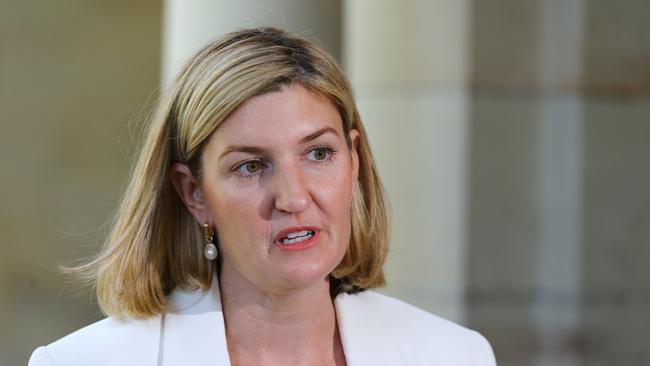
So much for a democratic process. In the end, they were “unanimous”. Miles would be Premier, and Dick – who has long nursed his own fierce ambitions for the top job – would be his deputy and keep his coveted role as Treasurer.
It had taken just 36 hours.
Rightly or wrongly, Miles – who has a PhD in union renewal from the University of Queensland and once worked as communications director for Bullock’s union – is now perceived to be owned and operated by Bullock and other union bosses. Every decision of the Miles Labor government will now be viewed through that lens: what do the unions get out of it?
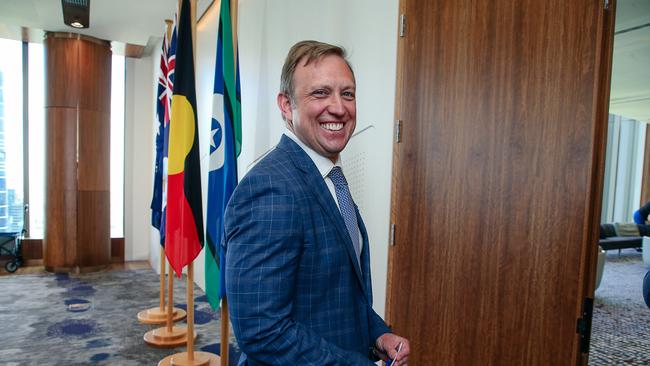
A senior Labor source scoffed at the suggestion that this was the high-water mark for union influence over a Queensland ALP government. What about 1957, when premier Vince Gair refused to bow to a union demand for public service leave? Gair was expelled from the ALP, formed a breakaway state party and lost the election, ushering in three decades of conservative rule.
Some in Labor argue that this week’s secretive factional machinations are unremarkable, given the party was founded by the unions. What was remarkable was Miles’s pronouncement – at a triumphant press conference on Tuesday morning confirming the leadership had been stitched up – that he and Dick had been “friends for a long time”.
In the offices of Labor MPs and ministers, jaws dropped. There were audible guffaws. While Miles and Dick have known each other for years, and have served in cabinet together since 2015, they are bitter rivals. At times there has been barely veiled enmity between the pair.
As one observer tells Inquirer, the two have “very different styles”: “Cameron was a minister in a previous government, and is more about governance and less about politics. Steven is much more about politics and unions.”
Another is blunt: “They f..king hate each other.”
(What makes the situation even more awkward is that Miles, and Fentiman, are – or were – extremely close.)
When finally anointing Miles as her successor on Sunday, Palaszczuk had described him as her “steadfast deputy”. For some of his internal critics, it means he will be dragged down by nearly nine years of the Palaszczuk government’s baggage and unable to shake off the ongoing weight of the housing shortage, the crisis in the health system and the perception of rampant youth crime, particularly in the regions.
On her way out the door, Palaszczuk is selling her own legacy as one of endurance, social change – especially for women – and economic strength. The 54-year-old left office as the longest-serving female premier in Australian history, after leading what her supporters believe is the biggest democratic electoral turnaround in the world.
When Anna Bligh was turfed out of office in 2012, Labor had just seven seats. Palaszczuk had 44 after the 2015 election and increased her majority in her next two poll victories, to 52 MPs now.
She has continually been underestimated but her longevity is unarguable. Jobs data released days after she quit shows 561,000 jobs have been created in Queensland since January 2015, pipping Beattie’s record by about 1000.
That small victory will be privately celebrated by Palaszczuk, whose decision to quit thwarted her ambition to eclipse Beattie’s tenure mid-next year.
Asked what she’s most proud of, Palaszczuk nominates education: 25 new schools, and airconditioning in every classroom across the state. Queensland’s NAPLAN results have improved, albeit from an extremely low base.
She also introduced nurse-to-patient ratios, made coercive control a criminal offence, decriminalised abortion and legalised voluntary assisted dying.
While Palaszczuk was constantly doubted during her political career, Miles too starts on the back foot.
He shot to national prominence during Covid as the state’s health minister, but some of his undergraduate political stunts – filming himself tearing up a hotel quarantine bill from the NSW government and splashing the footage on social media, for instance – have left a lasting negative impression on some voters.
Miles now faces a formidable challenge to convince voters he’s a serious figure, and that he has policy cures for the government’s life-threatening maladies.
There is a creeping dread for some in his caucus that the leadership shuffle is too little, too late. One Labor MP tells Inquirer that regional seats are in grave danger, especially the three crucial marginal electorates in Townsville.
“(Deputy LNP leader Jarrod) Bleijie is probably right. We’re rearranging the deck chairs as the ship goes down,” the MP says. “I think Steven (Miles) will do OK, but I’m worried about some of those new ministers, and if they’re inner-city people who don’t understand regional Queensland.”
The MP says youth crime in Townsville is now so bad it is “anarchy” in the north Queensland city, and the government will be punished for it.
“Those three seats, they are gone. We’ve dropped the ball.”
But make no mistake; LNP leader Crisafulli may be leading the beleaguered three-term government in the polls – which show the LNP would win if an election were held now – but the steepness of his ascent to power should not be underestimated.
The Gold Coast MP needs to hold all of the LNP’s seats and win 13 more to take government. Crisafulli is targeting 14 to ensure he has a parliamentary majority and has the luxury of nominating one of his own MPs as Speaker. And Queensland Labor in campaign mode is a fearsome beast.
Miles’s elevation has implications for the Prime Minister too.
If Albanese wants to avoid the ignominy of just one term in the top job, he must improve Labor’s parlous position in Queensland, where it has just five of 30 seats.
ALP insiders are divided about the federal consequences. Some hope Queenslanders waiting with baseball bats ready to pound Labor will take their anger out on the state ALP and spare the feds.
Others are just glad of a reset.
“It’s a positive for us to have change. I don’t think that it helps us win seats in Queensland, but it was getting to the point that Queensland Labor was a drag on the Labor brand overall,” one federal ALP figure says. “This is a chance to refresh that.”

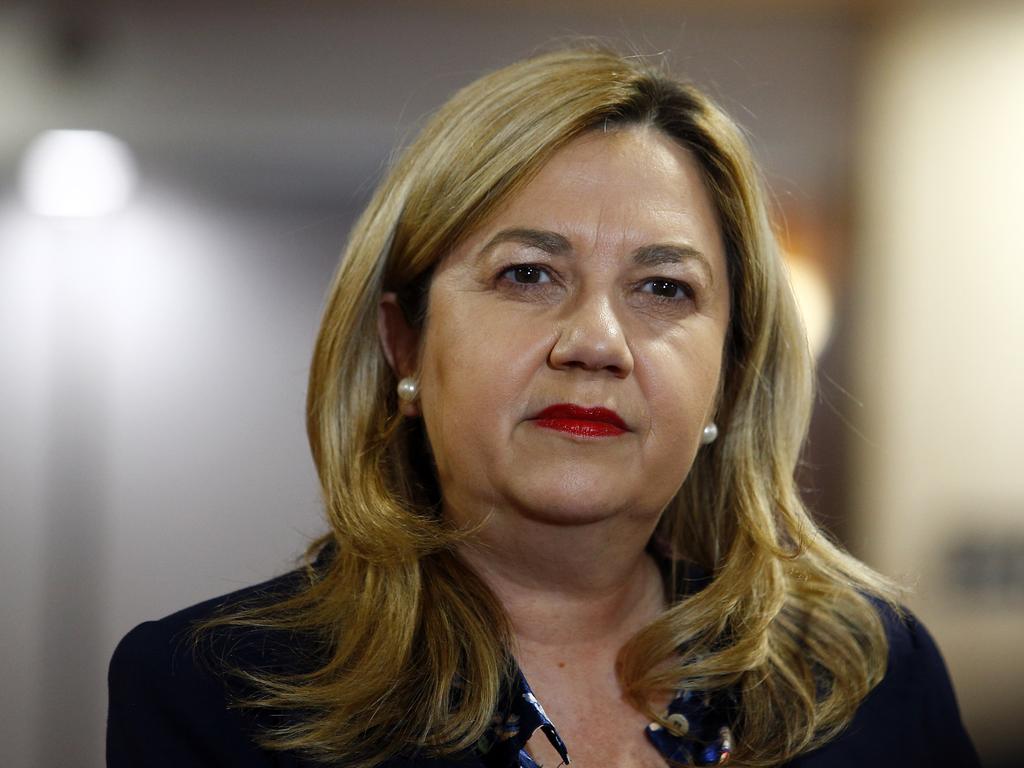
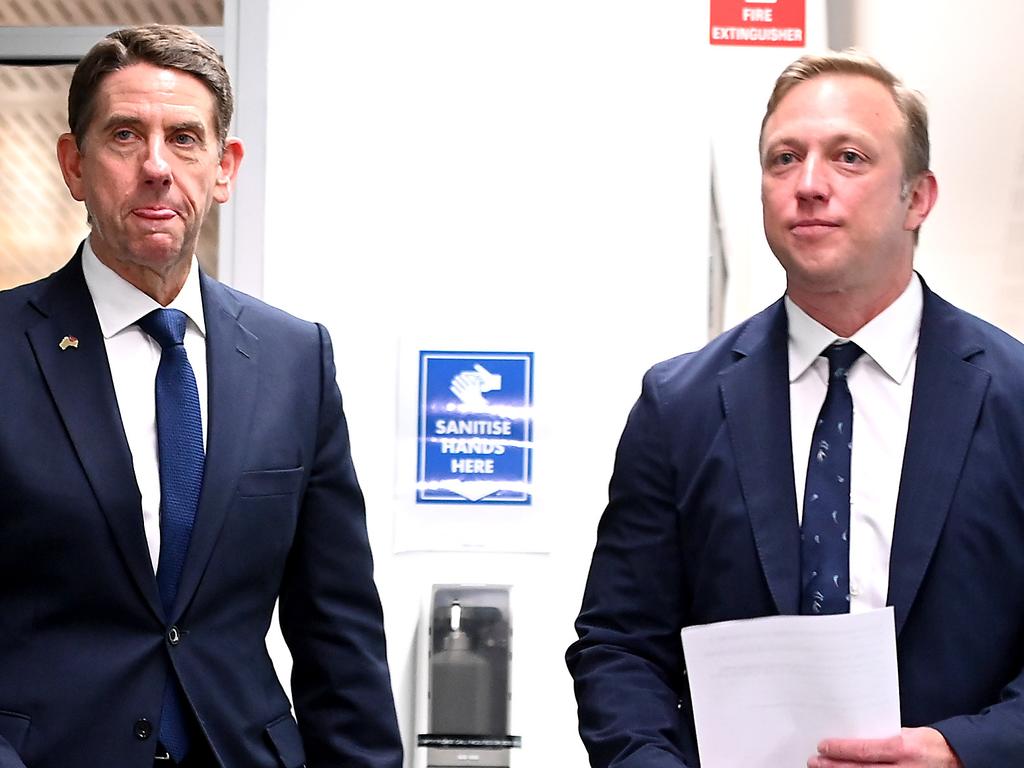
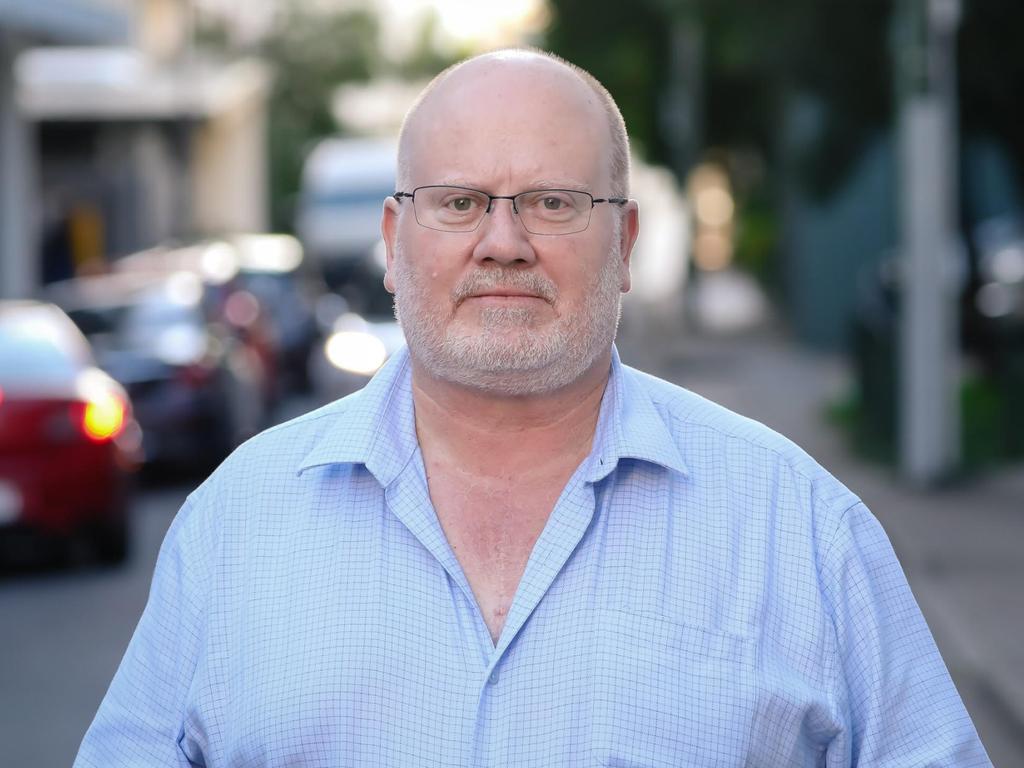
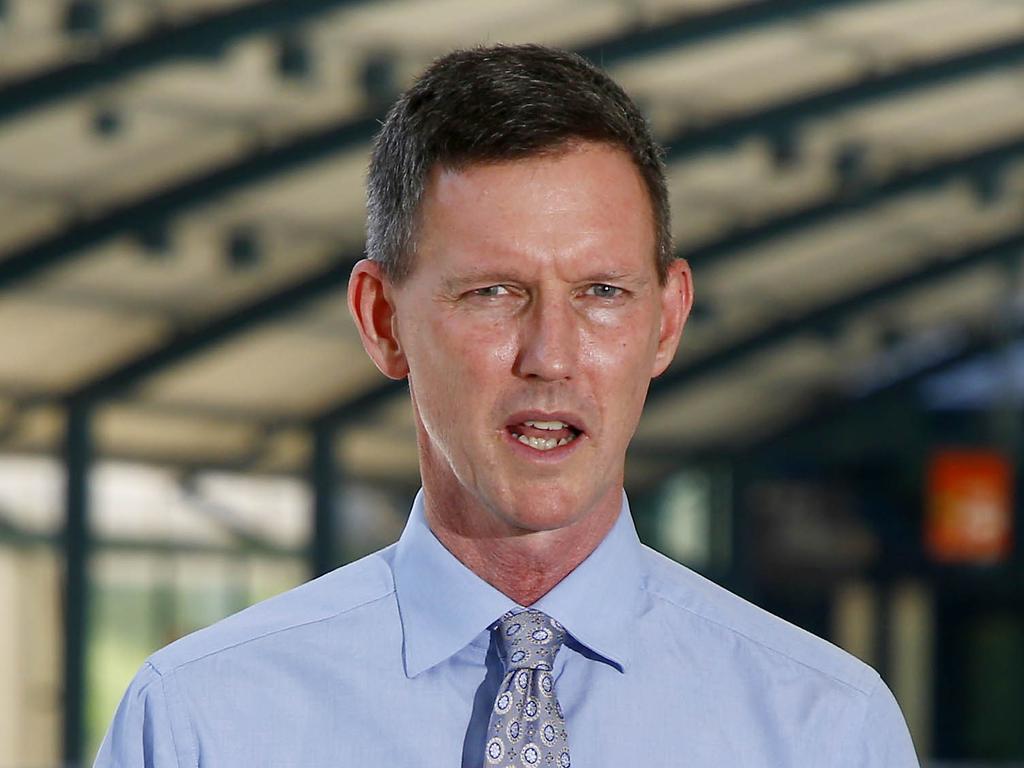
To join the conversation, please log in. Don't have an account? Register
Join the conversation, you are commenting as Logout